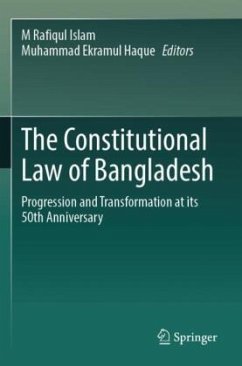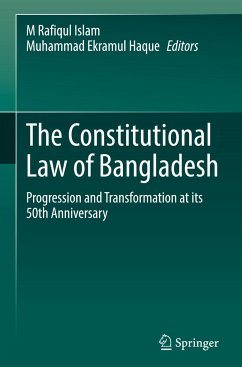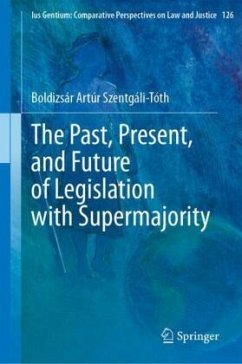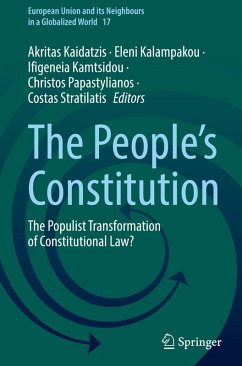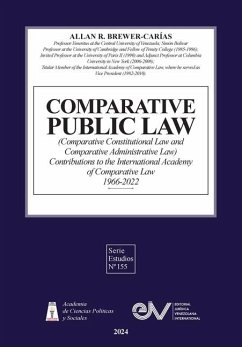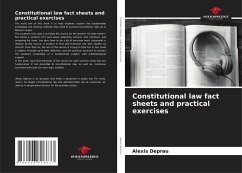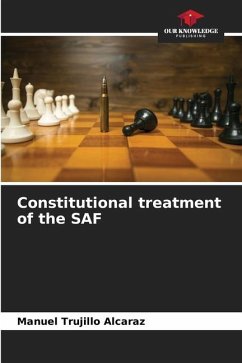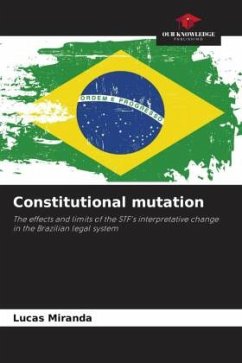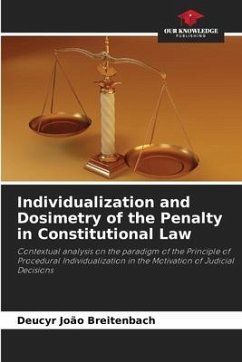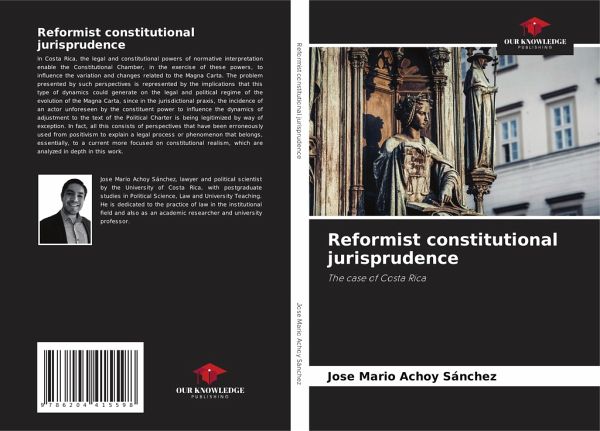
Reformist constitutional jurisprudence
The case of Costa Rica
Versandkostenfrei!
Versandfertig in 6-10 Tagen
45,99 €
inkl. MwSt.

PAYBACK Punkte
23 °P sammeln!
In Costa Rica, the legal and constitutional powers of normative interpretation enable the Constitutional Chamber, in the exercise of these powers, to influence the variation and changes related to the Magna Carta. The problem presented by such perspectives is represented by the implications that this type of dynamics could generate on the legal and political regime of the evolution of the Magna Carta, since in the jurisdictional praxis, the incidence of an actor unforeseen by the constituent power to influence the dynamics of adjustment to the text of the Political Charter is being legitimized...
In Costa Rica, the legal and constitutional powers of normative interpretation enable the Constitutional Chamber, in the exercise of these powers, to influence the variation and changes related to the Magna Carta. The problem presented by such perspectives is represented by the implications that this type of dynamics could generate on the legal and political regime of the evolution of the Magna Carta, since in the jurisdictional praxis, the incidence of an actor unforeseen by the constituent power to influence the dynamics of adjustment to the text of the Political Charter is being legitimized by way of exception. In fact, all this consists of perspectives that have been erroneously used from positivism to explain a legal process or phenomenon that belongs, essentially, to a current more focused on constitutional realism, which are analyzed in depth in this work.



